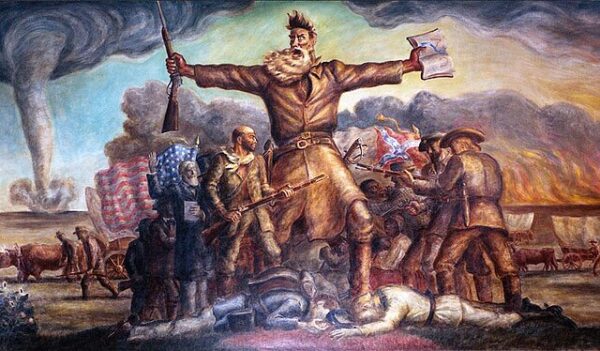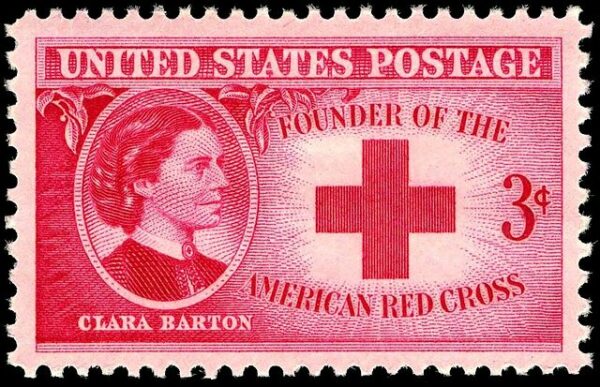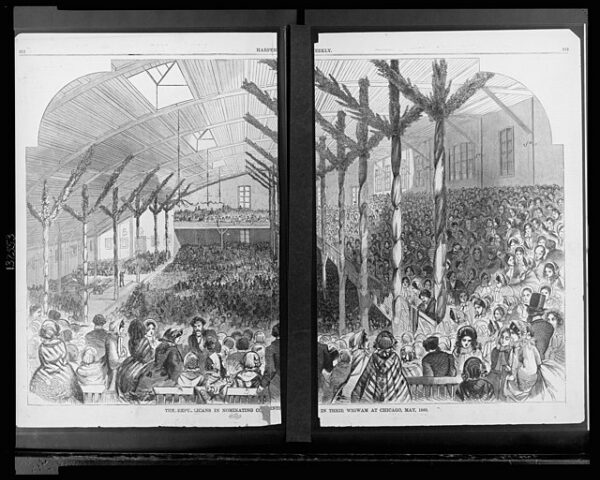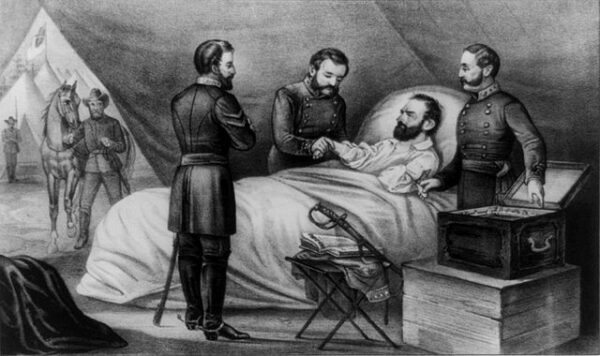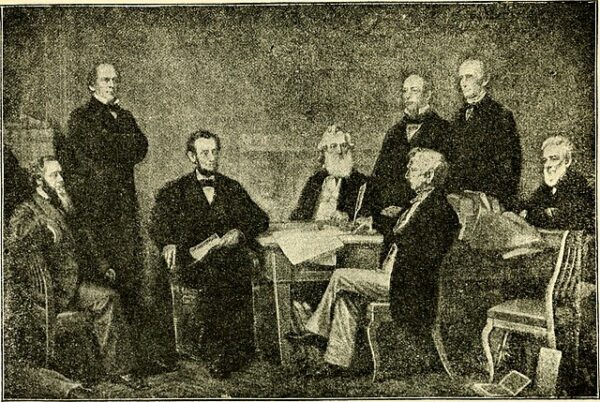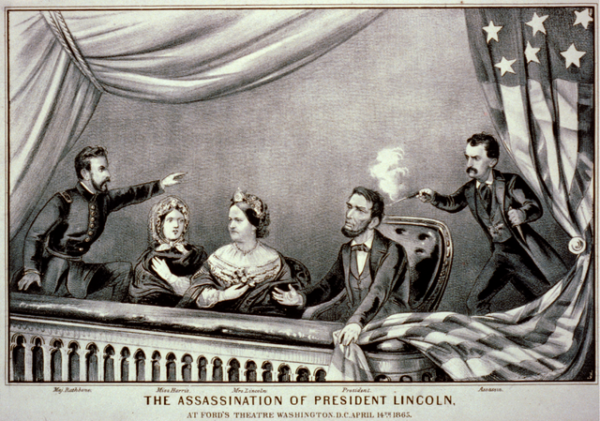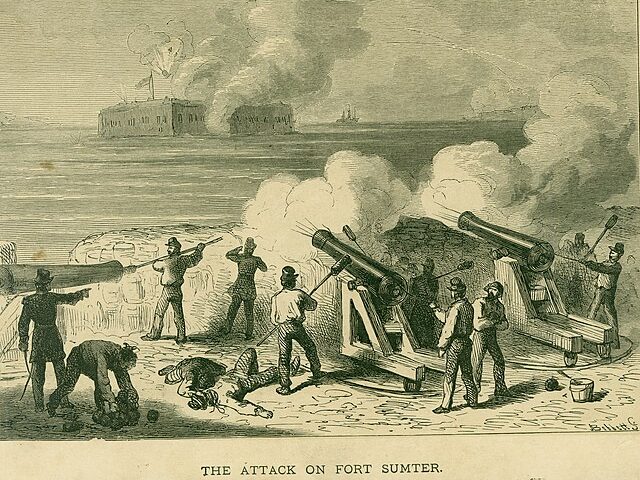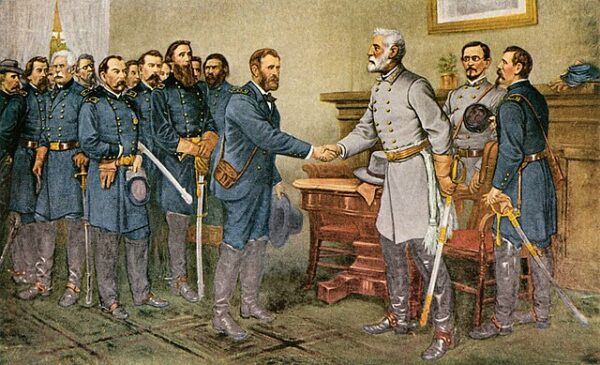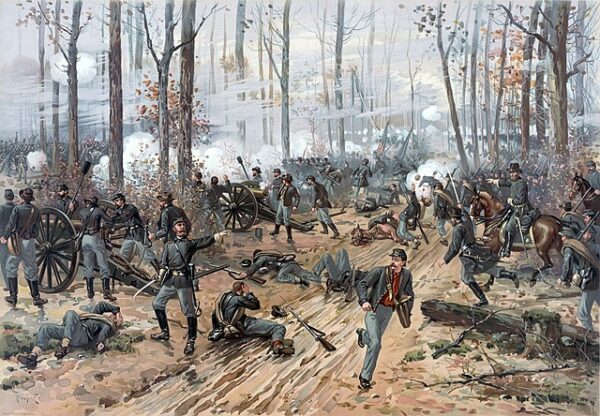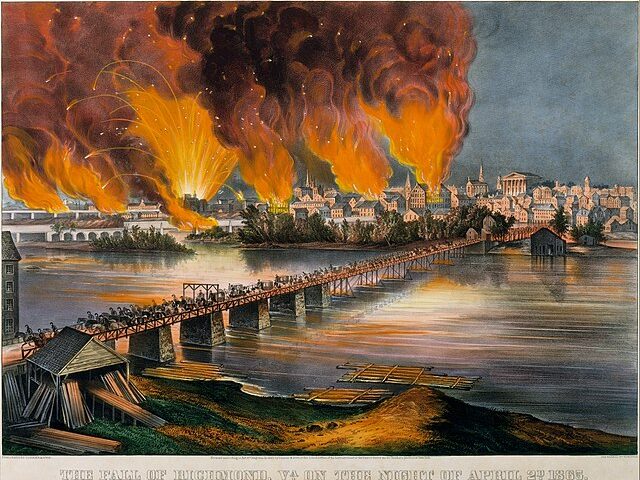On the night of May 24, 1856, one of the most violent episodes of “Bleeding Kansas” occurred at Pottawatomie Creek, dramatically influencing the already tense atmosphere between proslavery and antislavery forces in the United States. Angered by the beating of Charles Sumner, John Brown, a…
Read MoreThe American Red Cross, an iconic humanitarian organization, was established by Clara Barton on May 21, 1881, in Washington, D.C. Its inception marked a significant development in American charity work, dedicating itself to providing emergency assistance, disaster relief, and education in the United States.…
Read MoreThe Republican National Convention of 1860, held from May 16 to May 18 in the bustling city of Chicago, changed the course of American history and led the nation down the road to the Civil War. This convention, taking place in the specially constructed…
Read MoreOn May 2, 1863, during the American Civil War, General Thomas “Stonewall” Jackson, one of the most renowned figures in the Confederate army, met his fate on the battlefield in a turn of events that would echo through battlefields across the United States. The…
Read MoreOn April 15, 1861, just two days after Confederate forces attacked Fort Sumter, President Abraham Lincoln issued a call for 75,000 militia troops. His goal was to put down what he described as an uprising too strong to be handled by the courts. While…
Read MoreOn the fateful evening of April 14, 1865, President Abraham Lincoln attended a performance of the comedy play “Our American Cousin” at Ford’s Theatre in Washington, D.C. Little did he know that this seemingly ordinary night out would turn into one of the most…
Read MoreThe Battle of Fort Sumter marked the igniting point of the American Civil War, a cataclysmic conflict that tore the nation apart. Situated on an island at the entrance to Charleston Harbor, South Carolina, Fort Sumter held strategic significance as a federal stronghold in…
Read MoreOn April 9, 1865, at Appomattox Court House in Virginia, Confederate General Robert E. Lee surrendered to Union General Ulysses S. Grant, marking a critical moment in American history and effectively ending the Civil War. Lee’s decision to surrender came after several military setbacks…
Read MoreThe Battle of Shiloh, sometimes called the Battle of Pittsburg Landing, took place on April 6–7, 1862, near Pittsburg Landing, Tennessee. The battle marked a turning point in the war, demonstrating the ferocity and scale of the conflict while foreshadowing the immense casualties that…
Read MoreOn April 3, 1865, the end of the Civil War looked to be in reach when General Ulysses S. Grant captured the capital of the Confederacy, Richmond, Virginia. The fall of Richmond marked a pivotal moment in the war and represented the beginning of…
Read More

